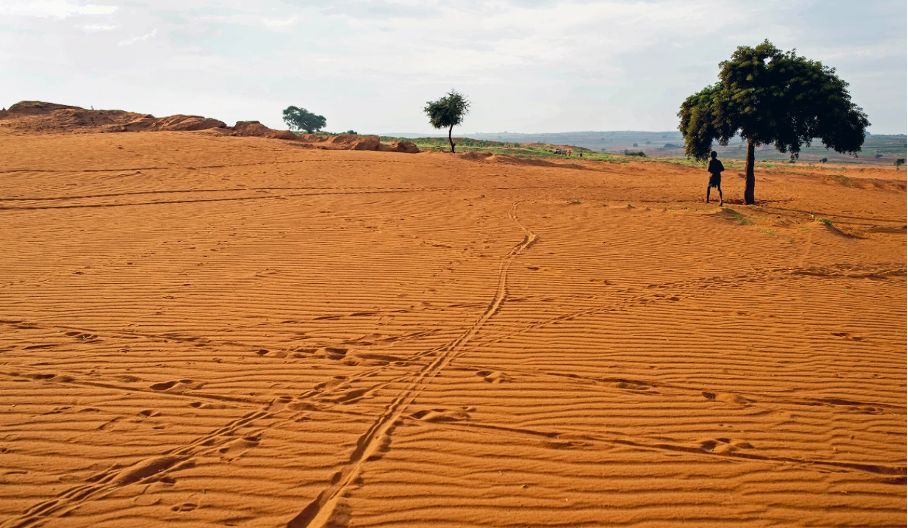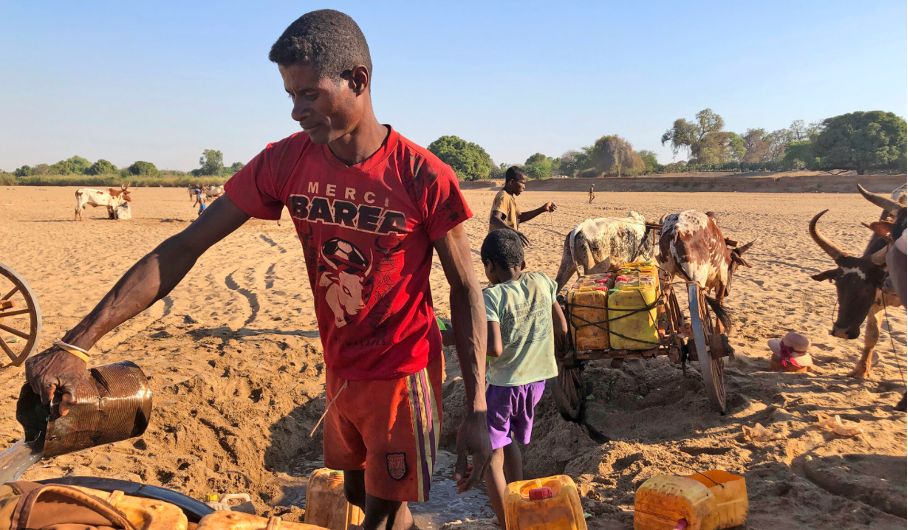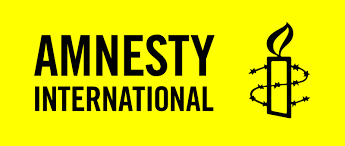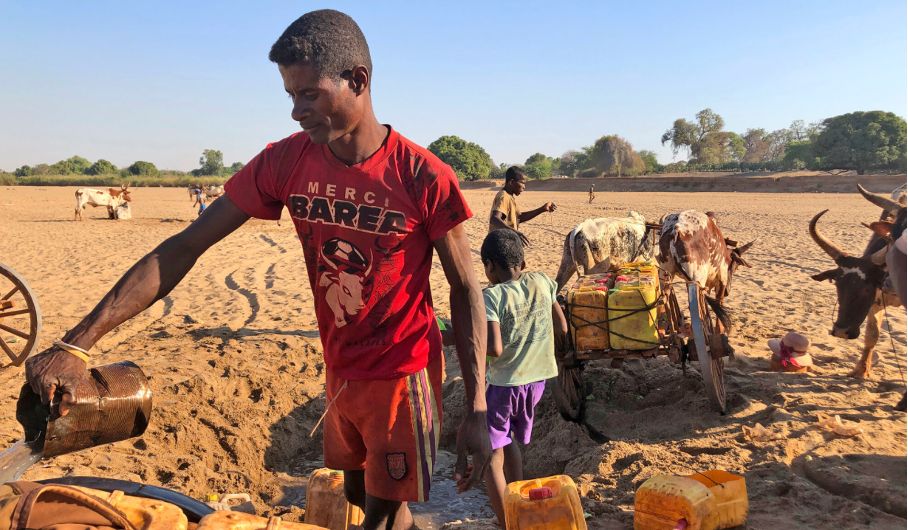Climate Change and Human Rights
AUTHOR: Thirsa Rzepka
Currently, millions of people are suffering the effects of extreme disasters due to climate change. Examples include prolonged droughts in countries in Africa and tropical storms in Southeast Asia, the Caribbean and the Pacific. Climate change is inextricably linked to human rights, because climate change has a devastating effect on people’s environment and well-being. States have a duty under human rights to protect these people. Moreover, climate change increases poverty and inequality. The very people who contribute least to climate change are affected most severely.
Several human rights are at risk. These include, for example, the right to life. Extreme weather events and the negative effect on growing food threaten millions of people on Earth. Furthermore, the right to health is at risk. Climate change increases the likelihood of health problems, a risk of malnutrition due to lower food production, and an increase in disease from contaminated food and water. Moreover, the right to shelter is at stake. Extreme weather such as floods and forest fires leave people homeless. Drought, erosion and rising sea levels threaten millions of people. Lastly, the right to water and sanitation is at risk. More than 1 billion people do not have access to clean drinking water. This number will increase due to climate change.
For example, the global climate crisis has exacerbated a devastating drought in southern Madagascar that threatens famine for more than a million people. Amnesty International’s report ‘It will be too late to help us once we are dead’shows the impact of the climate crisis on human rights in Madagascar. The country is experiencing one of the worst droughts in its history. The report illustrates the human rights consequences in the ‘Deep South’ region of Madagascar where more than 90 percent of the population lives below the poverty line. Amnesty International urges the international community to take immediate action to address the climate crisis. It must protect people in countries like Madagascar where the population is especially vulnerable to the effects of global warming.
According to Amnesty International, the international community must immediately help the drought-affected people of Madagascar. More humanitarian aid and additional funding is needed. Countries that have contributed the most to global warming and those with the most available resources should take responsibility. They need to help the people of Madagascar adapt to the effects of climate change, such as increasingly severe and prolonged droughts.
Madagascar is one of the countries most vulnerable to climate change. Scientific evidence shows that global warming is causing higher average temperatures and increasingly erratic rainfall in the deep south of the country, which has seen below-average rainfall for five years in a row. Moreover, the United Nations World Food Program (WFP) and the Food and Agriculture Organization (FAO) state that about 1.14 million people in the south face a high degree of acute food insecurity and nearly 14,000 are facing disaster.
In conclusion, the drought poses an immediate threat to the right to life, as well as other rights, such as the right to health, water, sanitation and food, of people in southern Madagascar. The crisis is forcing people to migrate in search of food. Children are being robbed of their future, as they can no longer attend school, but must look for work to help support the family. Furthermore, the crisis also places a disproportionate burden on women and female-headed households, who often rely on agriculture for their livelihood.
Amnesty International calls on all countries to pursue ambitious emission reduction targets in line with human rights to keep us below a 1.5°C global temperature rise and to commit to a rapid phase-out of fossil fuels instead of relying on compensatory measures that will delay climate action and may negatively impact human rights. Furthermore, a global mechanism should be established to support people whose rights have been violated. Lastly, the right to information and participation in climate-related decision-making should be guaranteed for affected people at all levels.


Sources (pictures):
https://time.com/6081919/famine-climate-change-madagascar/
https://www.nytimes.com/2021/12/01/climate/climate-change-madagascar-drought.html
Sources (text):
https://www.amnesty.nl/wat-we-doen/wat-heeft-amnesty-met-klimaat-te-maken
https://www.amnesty.nl/wat-we-doen/klimaat-en-mensenrechten-2
https://www.amnesty.nl/actueel/madagaskar-klimaatcrisis-bedreigt-levens-en-mensenrechten

